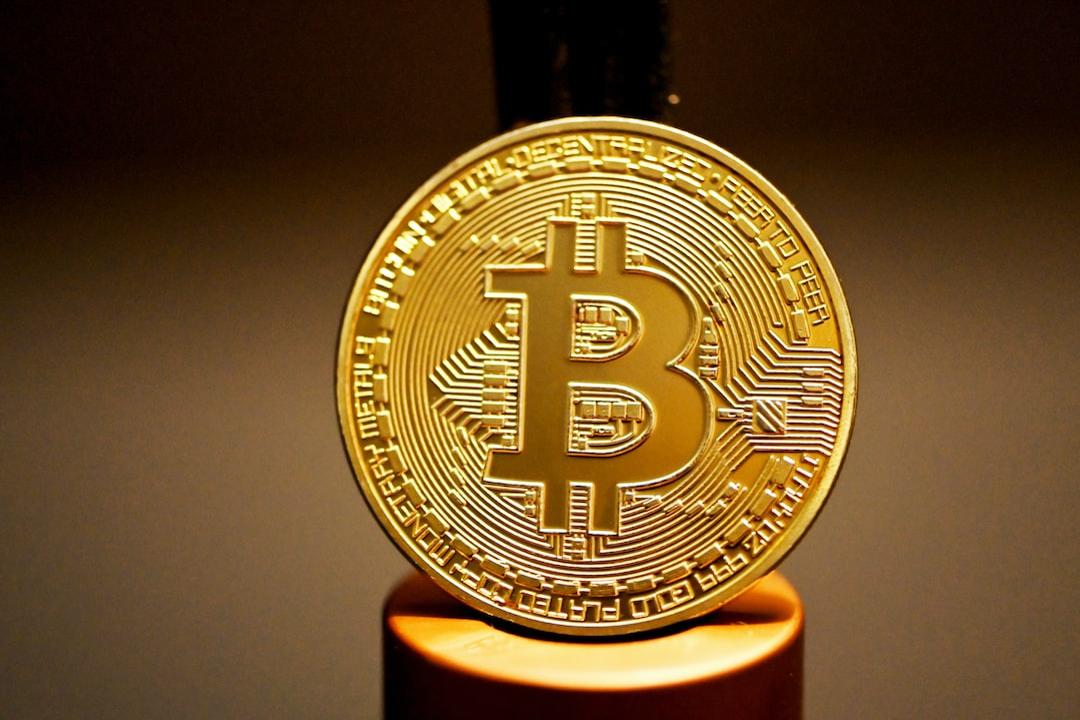Unveiling the Symbiosis of AI and Blockchain Technology: A Deep Dive into Integration, Advantages, Hurdles, and Future Trends
AI and blockchain technologies have been revolutionizing various industries, but their potential is truly unlocked when combined. AI brings cutting-edge data processing capabilities, elevating decision-making with speed and accuracy. On the other hand, blockchain provides a secure, decentralized ledger that ensures data integrity and transparency. Together, they form a formidable alliance that can tackle some of the core challenges in technology today.
According to a report by WSJ, integrating blockchain into AI could potentially address the “black box” issue of AI, where blockchain’s transparency helps demystify AI decisions and makes them verifiable. Scott Zoldi, FICO’s chief analytics officer, suggests that blockchain can accurately track the data used to train algorithms, offering transparent and reliable records. While it may not eliminate bias in algorithms, blockchain provides an audit trail to understand their behavior.
An intriguing survey involving IT decision-makers from the U.S., Europe, and China revealed that 71% view AI and blockchain as fully complementary technologies, with many highlighting how blockchain could enhance trust and reliability in AI systems. Let’s delve deeper into this topic to grasp the potential of the convergence of AI and blockchain.
AI, or artificial intelligence, refers to computer systems’ ability to perform tasks that typically require human intelligence, such as recognizing speech, understanding language, making decisions, and identifying patterns. AI encompasses various techniques and technologies like machine learning, computer vision, and natural language processing (NLP). Machine learning involves training algorithms on data to improve their performance over time, enabling tasks like analyzing vast amounts of data for trend identification or prediction.
Blockchain, on the other hand, is a digital ledger technology that records transactions in a secure and decentralized manner. While it is commonly associated with cryptocurrencies like Bitcoin and Ethereum, blockchain has applications beyond digital currencies. Each transaction or “block” in blockchain is linked to the previous and subsequent blocks, forming an immutable chain that is highly secure. This feature makes blockchain invaluable in sectors requiring transparency and trust.
The synergy between AI and blockchain offers numerous benefits across industries. By securing AI data on a blockchain, industries like logistics and supply chain management can ensure data integrity and authenticity throughout the supply network. This setup can prevent tampering and maintain records from manufacturing to delivery, crucial for compliance and traceability in sectors like pharmaceuticals.
In the energy sector, integrating AI with blockchain can enhance data management across distributed energy grids. AI can analyze consumption patterns and predict load demands, while blockchain ensures the integrity of meter readings and transaction records, facilitating accurate billing and distribution decisions. The real estate industry can benefit from automating land registry and lease management processes using smart contracts on blockchain, reducing administrative burdens and streamlining operations.
In media and entertainment, decentralized AI networks on blockchain can facilitate direct interaction between creators and consumers without intermediaries. AI algorithms can personalize user experiences, while blockchain ensures transparent royalty distribution and copyright enforcement. In the automotive industry, blockchain can log sensor and operational data for autonomous vehicles, while AI interprets this data for safety enhancements and performance improvements.
Looking ahead, the future of AI and blockchain holds promising changes. Advancements like low-rank adaptation are making AI more accessible and efficient, while improved regulatory clarity is driving greater enterprise adoption of blockchain. The synergy between AI and blockchain could pave the way for innovative developments in virtual environments like the Metaverse, where AI enhances interactivity and realism while blockchain ensures security in digital identities and transactions.
In conclusion, the continued advancements in AI and blockchain could reshape digital interactions and business processes across diverse industries. The integration of these technologies holds the key to unlocking new opportunities for innovation and operational efficiencies in the future.

